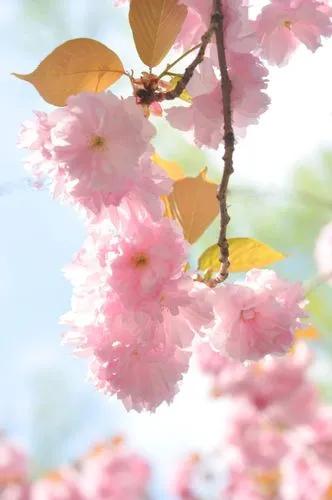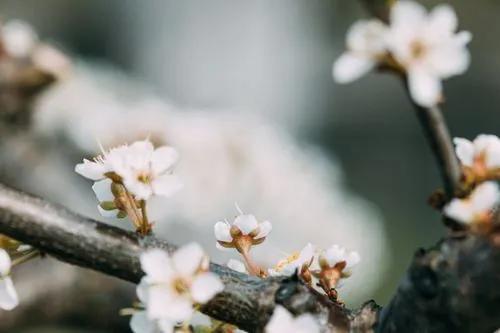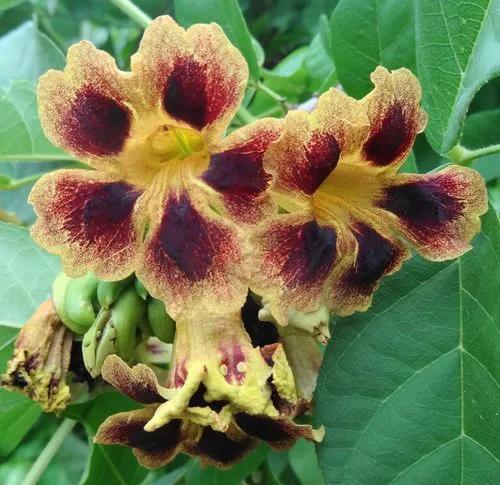American ginseng (Panax quinquefolius, Panacis quinquefolis) is a herbaceous perennial plant in the ivy family, commonly used as an herb in traditional medicine, including traditional Chinese Medicine. It is native to eastern North America, though it is also cultivated in China.
Panax Quinquefolius (bonsi) Care
Panax Quinquefolius



How to Care for the Plant

Water

Ficus doesn’t require abundant watering, and it mustn’t come too often, either. Water the ficus only when the surface of the soil is really dry. In summer, it is often necessary to water a bit more, especially if outdoors. Ficus ginseng doesn’t like standing water. Empty the saucer after having watered.

Pruning

Pruning the Ficus ginseng on a regular basis will lead it to branch out more. Prune winter growth in spring, and if outside, remember to pinch new shoots off as they appear. A good rule of thumb is to wait for 8 to 10 new leaves to form, and then remove half of them. It will trigger new branches to sprout and foliage will grow more dense and beautiful. Sometimes the Ficus ginseng comes with small branches grafted on a larger root. If ever you notice shoots sprouting from below the graft joint, pinch them off: they’re sometimes not the exact same variety as the initial branches.

Fertilizer

Conifers should be fertilized weekly during the growing season.

Sunlight

Four to six hours of sunlight per day should suffice. If you can provide more, so much the better.

Soil

Generally prefers a loamy, deep (12 in.), well-drained soil with a high organic content and a pH near 5.5. Extremely sandy soil tends to produce long, slender roots of inferior quality.

Temperature

Ficus doesn't cope well with brutal temperature variations.

Container

Drainage is critical, and soil that stays too wet can damage the roots of the plant. Be sure the pot you select has drainage holes at the bottom to allow excess water to escape. Select a pot that is one size larger than the pot in which the ficus currently grows, advises Fine Gardening.

Popularity

64 people already have this plant 7 people have added this plant to their wishlists
Discover more plants with the list below
Popular articles






